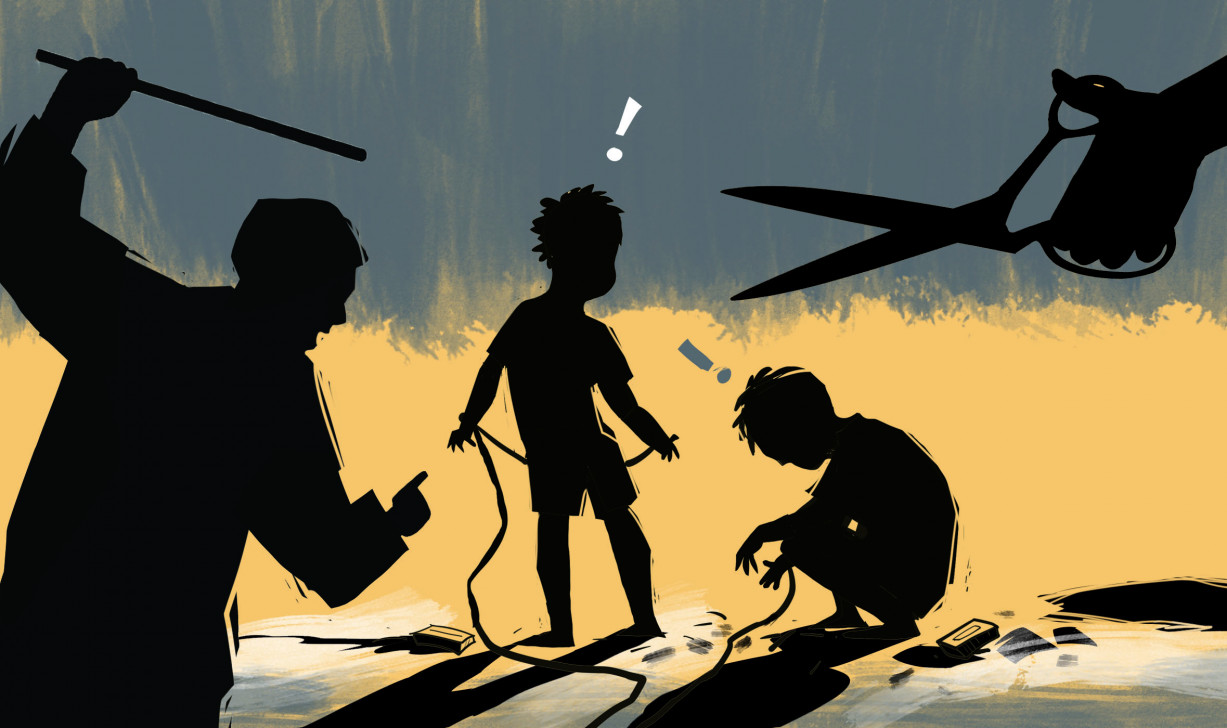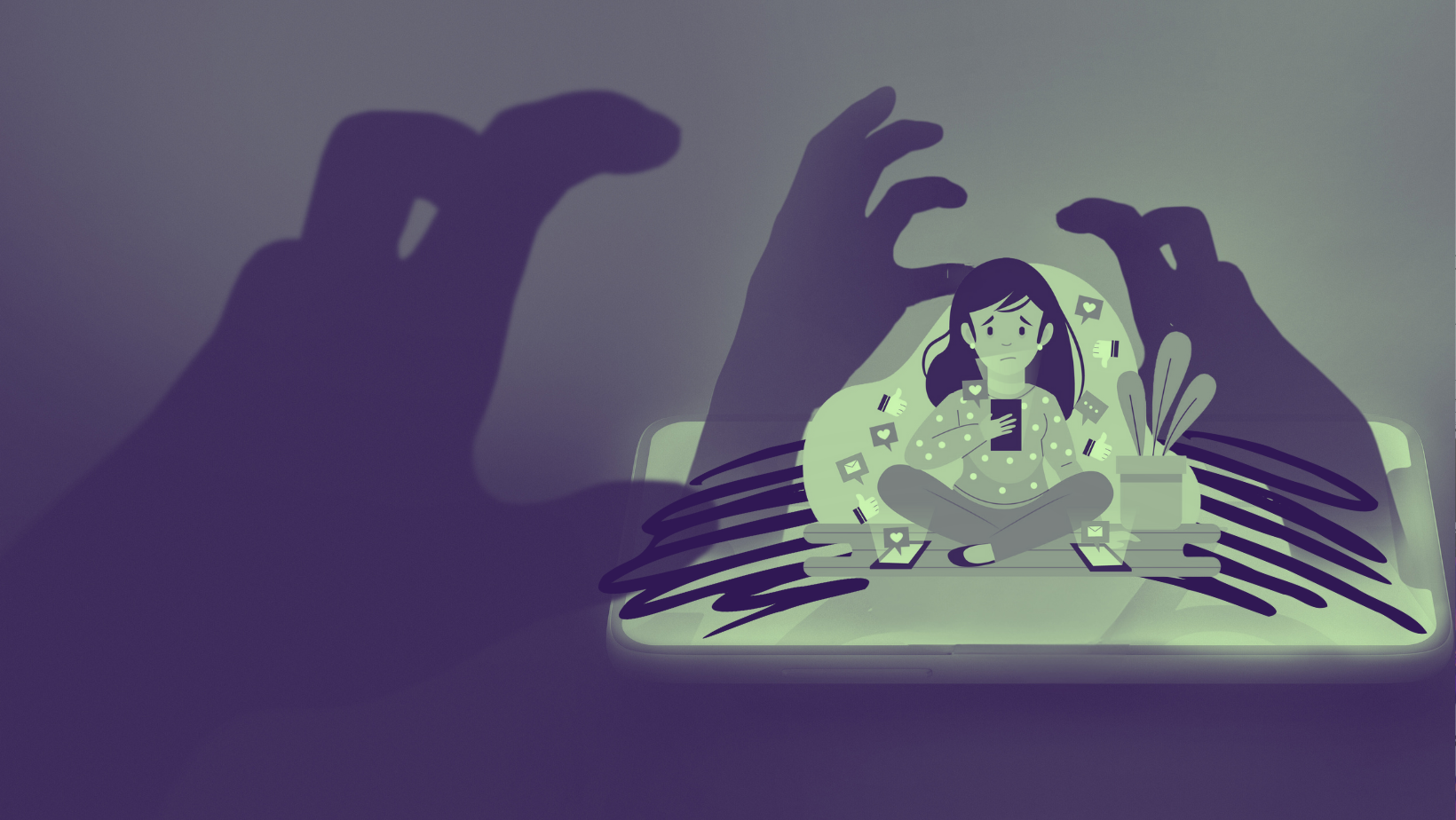To create an inclusive society, we must change our mindset

I was recently a guest speaker at a course for health workers at a private university. The session focused on non-discriminatory behaviour in the workplace. From the very beginning, many participants shared personal stories: how they faced derogatory comments about their skin colour, height and/or weight during childhood and adolescence, and how such experiences led to emotional distress and a loss of self-confidence. Several participants mentioned that even in adulthood, they continue to encounter such behaviour within families, social circles, and workplaces. This is the reality for many in our society. Remarks about people from religious minorities, indigenous communities, and those with mental health conditions are also often made casually and insensitively.
Are we even aware that our jokes or comments may be hurting others? Asking intrusive questions about someone's marital status or children as soon as we meet them is still a part of our social conversations. Misogynistic jokes are rampant in social media groups, mirroring the attitude prevalent in real life.
The state has a responsibility to eliminate discrimination through laws and policies. Many organisations also attempt to guide their employees through codes of conduct that define what behaviour is acceptable and what is not. These are all important steps. But they are not enough to create an inclusive society. Discrimination will persist unless the social attitude changes. Institutional and state frameworks typically consider race, gender, ethnicity, and disability. But human diversity includes many other dimensions.
Let us imagine this scenario: you are interviewing candidates for a job. One applicant replies with a regional accent. Would you consider them as qualified as someone who speaks in standard pronunciation, or would bias creep in? There are countless such situations where biased assumptions lead to exclusion.
Chotoder Chhobi, a film directed by Kaushik Ganguly, revolves around a group of people with dwarfism, some of whom work in a circus. Like everyone else, they experience joy and sorrow in their everyday lives. They are doing just fine. But the problem lies elsewhere. Wherever they go, people look at them with a patronising gaze, which makes them uncomfortable. There is a societal standard for what is considered "normal," and anyone who doesn't meet it is often seen as "abnormal." This mindset was challenged by Judith Snow, who spent her life advocating for a more inclusive society. She argued that "presence is a fundamental contribution we make to society." For example, imagine you're organising a team game that requires seven players. You have six. Until the seventh person joins, the game cannot begin, even if that person is not particularly skilled. Their presence itself is a gift. It enables connection, collaboration, and meaningful experiences. Just like our presence, our differences are fundamental to who we are.
Diversity is what makes human society beautiful and strong. If everyone were the same in terms of their identities and lifestyles, then society would be monotonous. Still, when someone lives differently than we do, we hesitate to accept them, as if they are doing something "wrong." Paul Dolan, who has long studied happiness, explores this in his book Happy Ever After. He critiques the social narrative that ties happiness to education, career success, health, marriage, and having children. While this formula may work for some, it does not apply to everyone. There are many ways to live a meaningful and joyous life. In trying to appear happy in the eyes of others, many lead deeply unhappy lives. Dolan's work shows how we can break free from this trap and seek happiness on our own terms. We must respect others' choices instead of judging them. We can treat people with sensitivity, reflect on whether we are harbouring unconscious biases, and allow others the freedom to live in their own way.
I am reminded of a protest gathering I attended in London almost five years ago. During the deadly pandemic, I felt very "alive" to be part of the Black Lives Matter movement. Members of women's groups, climate activists, local council representatives, and young people joined the protest to challenge racism in various sectors. "It is not enough to be non-racist; each of us has to be anti-racist" was a powerful call to action by one of the young speakers who encouraged all to take a stand while witnessing racism in any form. Attitudinal changes and confronting unconscious biases are required in addition to fighting systemic oppression if we are to create an inclusive society anywhere in the world.
Interestingly, people usually recognise when they face discrimination, but fail to understand when they are discriminating against others. We need internal reform if we are to create a society that is liveable for all. Let us refrain from discriminatory attitudes and behaviour. Silence contributes to discrimination. But if enough of us challenge such behaviour, its social acceptability will decline, and change will come gradually.
Laila Khondkar is an international development worker.
Views expressed in this article are the author's own.
Follow The Daily Star Opinion on Facebook for the latest opinions, commentaries and analyses by experts and professionals. To contribute your article or letter to The Daily Star Opinion, see our guidelines for submission.




 For all latest news, follow The Daily Star's Google News channel.
For all latest news, follow The Daily Star's Google News channel. 

Comments